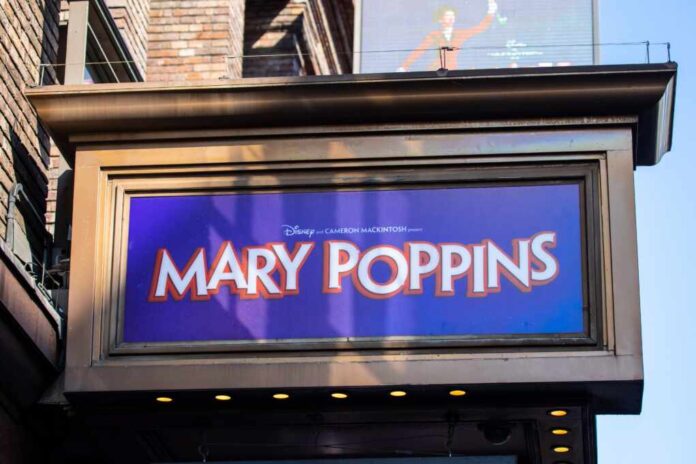
In a controversial move, the British Board of Film Classification (BBFC) recently escalated the UK age rating of the classic film “Mary Poppins” from “U” to “PG,” almost six decades after its initial release. The decision is based on the movie’s use of the term “Hottentots” by the character Admiral Boom. The word was historically used to describe the Khoikhoi people in South Africa during the time it was a British colony. It is now considered “offensive” by the BBFC.
The U rating applies to films that contain “no material likely to offend or harm” and are suitable for audiences aged four years and older.
The BBFC cites the film’s failure to condemn the use of this derogatory language as exceeding their guidelines for language acceptable at the U rating. “While ‘Mary Poppins’ has a historical context, the use of discriminatory language is not condemned, and ultimately exceeds our guidelines for acceptable language at U,” explained a BBFC spokesman. The new PG rating does not require adult supervision for children, but it does include a warning that some material may be unsuitable for young viewers.
NEW – Mary Poppins movie UK age rating raised almost 60 years after its release because of "discriminatory language" — Sky pic.twitter.com/YfrOLkJdt0
— Disclose.tv (@disclosetv) February 26, 2024
The reclassification coincides with the movie’s 60th-anniversary re-release in UK cinemas. This classic film, which was Disney’s top-grossing release at the time and a significant cultural touchstone, starring Julie Andrews and Dick Van Dyke, garnered five Academy Awards, including Best Actress for Andrews. However, this new rating has sparked a discussion regarding censorship, historical context, and the evolving standards of language and behavior.
The BBFC’s decision reflects a broader trend of reassessing historical content with contemporary values. The board has stated, “We understand from our racism and discrimination research that a key concern for parents is the potential to expose children to discriminatory language or behaviour which they may find distressing or repeat without realising the potential offence.”
Incredible. The term “Hottentots” causes the censors to move against Mary Poppins.🙈
https://t.co/YCbBM4Zr20— David Vance (@DVATW) February 26, 2024
This action raises critical questions about how we engage with historical media. Should classic films be subject to contemporary standards of political correctness and sensitivity? Or should they be preserved as cultural artifacts, reflecting the values and language of their times?
Critics argue that while it’s essential to recognize and correct past prejudices, there is also a risk of sanitizing history.
Additionally, the BBFC’s move has prompted discussions on the consistency of film ratings. The same organization reclassified Pixar’s “Ratatouille” from U to PG for “comic violence” and “mild bad language,” while “Fight Club” saw its rating decrease from 18 to 15 despite its explicit content. This inconsistency in ratings raises questions about the criteria and processes used in classifying films.
















